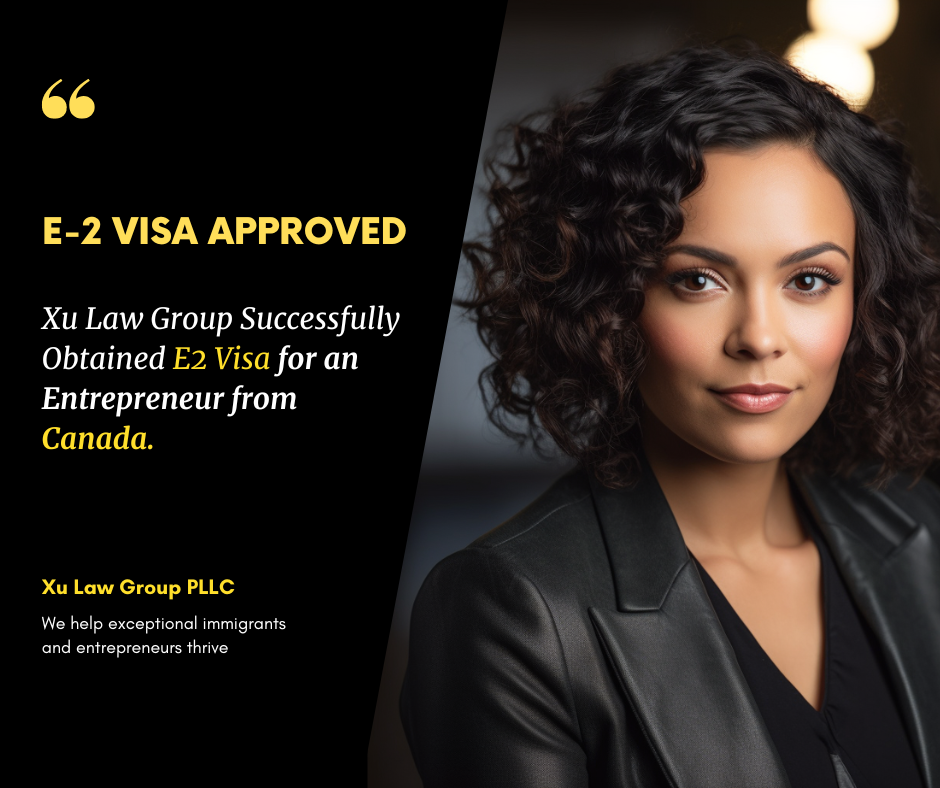How Long is O-1 Visa Valid for?
O-1 visa is typically valid for up to 3 years at a time. When the three year runs out, you may apply to renew the O-1 for another 3 year term.
The O-1 visa is a non-immigrant visa granted to individuals who possess extraordinary ability in the arts, sciences, education, business, or athletics, or who have a demonstrated record of extraordinary achievement in the motion picture or television industry. Given the unique and specialized nature of the O-1 visa, there are specific regulations regarding its validity and possible extensions. This article aims to shed light on the duration and the extension possibilities for the O-1 visa.
1. Initial Period of Stay:
The initial period of validity for an O-1 visa depends on the time required for the event or activity for which the foreign national is being admitted into the U.S. The maximum initial period of stay allowed is up to 3 years.
The term "event" in the context of O-1 visas is interpreted broadly. It can refer to a specific project, series of events, tour, season, or any other activity that the O-1 visa holder will participate in. The U.S. Citizenship and Immigration Services (USCIS) determines the exact duration of the visa based on the nature and duration of the event.
2. Extensions of Stay:
After the initial period, O-1 visa holders may apply for extensions if they are continuing or participating in the same event or activity. Extensions are typically granted in increments of up to 3 year.
To apply for an extension, the petitioner must file Form I-129, Petition for a Nonimmigrant Worker, with the USCIS. It's crucial to provide evidence that the beneficiary's (O-1 visa holder's) continued presence is required for the same event or activity that was the basis for the original approval.
3. Duration of Status vs. Duration of Visa:
It's vital to understand the difference between the "duration of status" and the "duration of the visa". The O-1 visa stamp in the passport shows the window during which the beneficiary may enter the U.S. However, the actual duration of the stay (duration of status) is determined by the I-94 Arrival/Departure Record that the beneficiary receives upon entry into the U.S.
4. Family Members:
Family members (spouses and unmarried children under 21) of O-1 visa holders can enter the U.S. on an O-3 visa. The duration of the O-3 visa matches that of the O-1 visa holder. However, O-3 visa holders cannot engage in employment but may enroll in schools or colleges.
5. Transition to Green Card:
Many O-1 visa holders may eventually consider applying for a U.S. green card (permanent residency). It's worth noting that the O-1 visa is a dual-intent visa, meaning its holders can have an intention to immigrate permanently to the U.S. without violating their visa status.
Conclusion:
The O-1 visa provides an invaluable pathway for extraordinarily talented individuals to work and contribute to their respective fields in the U.S. Understanding the visa's duration and extension possibilities is crucial for both the petitioning employers and the beneficiaries to ensure compliance and to maximize the visa's potential benefits.





